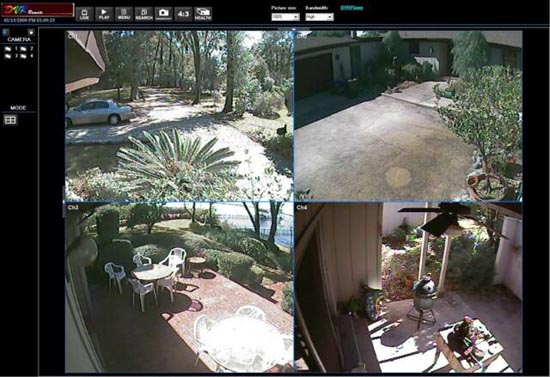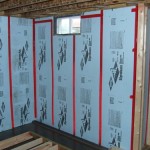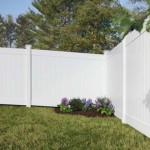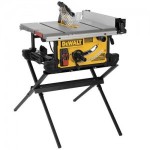Security Camera System Tips
Security Camera System Tips for the Home Owner
Increasingly homeowners are looking to security camera systems as a means of protecting their home or property. This is especially true of home owners who are away often or own second homes like a vacation home. A security camera system is a great deterrence from break-ins and vandalism and the ability to view a camera system remotely provides peace of mind that other security measures cannot provide.
Part of a Home’s “Layered” Security
It is important to note that a security camera system is not a replacement for other forms of security such as locks. It enhances a home’s security. Think of it as layers of security. The locks on your windows and doors are your first level of security. An alarm system, if you have one, is your second level of security. A camera system is your third level of security.
Deterrence from Break-Ins AND Vandalism
A security camera system provides additional invaluable security features that you don’t get in your other layers of security. Similar to alarm systems, security cameras act as a deterrent. Thieves are much less likely to break in if they know they are being videotaped. But beyond this deterrence, a security camera system can help protect the outside of your home from vandalism, something an alarm system will not do. Alarm systems only protect from the walls in – while a security camera system can protect inside and outside your home. Your camera system’s ability to “watch” the outside your home will act as a deterrent to people doing questionable things on or to your property. People will be much less likely to vandalize your property if they know they are being recorded. So maybe, finally, your mailbox will be safe…
Liability Protection Too
Another immeasurable value provided by security camera systems is that they can help to protect you from liability claims. They can provide a clear photographic record of anything that happens on your property perhaps helping to refute claims.
So with all of this, what should the average homeowner look for in a security camera system? We have boiled it down to a checklist of things to look for in a home security camera system.
Get the Right Capabilities
A security camera system generally consists of the cameras, cabling, and the DVR that records the video. Each of these components has varying capabilities. Below we provide some guidance of what you should look for and consider with each of these components.
Security Cameras
Make sure that you have enough cameras to “watch” all of your doors, driveways, and walkways. You may also want to consider cameras for your yard (front and back), around the perimeter of your home, and other locations inside your house like your foyer. Understand that one size does not fit all – security cameras are specialized. There are indoor and outdoor cameras. There are cameras for night viewing. There are cameras appropriate for close-up detail, and others that are used to cover a wide area. If you’re not exactly sure what angle of view will be required then consider a camera with a varifocal lens. For outdoor night vision cameras make sure is has enough infrared (IR) distance capability. For example, the least expensive IR cameras will see up to 25 feet in the dark which may work fine for a doorway but to get facial detail at further distances you will need a more powerful IR camera. Whether you are installing the system yourself or working with a designer/installer, make sure that each camera is appropriate for the specific location and need.
Cabling
Don’t scrimp on the cable – Some people try to save money by going with less expensive cable. Poor quality cable can cause problems such as image interference, rolling lines, intermittent image loss, and damage to the camera. A camera might have a great picture during the day but look terrible at night (when infrared kicks in). Inexpensive cable can come with “hidden” costs such as the need for signal amplifiers and other components. High quality cable will help you to avoid image problems and hidden costs, and it is an absolute must for infrared cameras.
Digital Video Recorder (DVR)
Look for a DVR with enough camera inputs to handle the cameras you think you will need – and then leave some room for expansion. Most DVRs cannot be expanded later to allow for additional cameras so make sure that your DVR has at least a few extra inputs in case you decide to add more cameras to your system. We recommend a DVR with the most up-to-date “H.264” compression technology and make sure you get “real-time” recording.
Get enough hard drive storage space. When the storage space on a DVR gets full, the DVR will start recording over the oldest video on the hard drive(s). The more cameras that you have hooked up to your DVR the quicker that storage space will be used up. Keep in mind that you may not be immediately aware of when something happens. For example, if you are on vacation you may not be aware that something happened until you get back. For residential installations we recommend approximately 30 days of recorded video, longer for vacation homes (since you may not be aware for some time if an incident happens). A real-time H.264 DVR will use approximately 5 to 7 gigabytes of hard drive space per camera, per day. In this example, you would want at least 1500 gigabytes of hard drive space on an 8 camera system to guarantee at least 30 days of recorded video.
Finally, make sure that your DVR allows for remote viewing and that your Internet connection has enough bandwidth to allow for remote viewing. If you want to view your cameras remotely over the Internet or on your phone, make sure you arrange with your Internet Service Provider (ISP) to get at least 1 Mbps upload speed.
With the above you should be “armed” with enough information to be able to evaluate security camera systems components and/or proposals from security camera system designer/installers. There is much more information available on the interactive security camera systems learning center.
About the Author
This article was written by Dave Page, VP of Discount Security Cameras, your source for quality security cameras and security camera systems.
Additional Ideas
You might also want to consider installing security lights to further protect your home and keep unwanted people away from your home.














Leave a comment